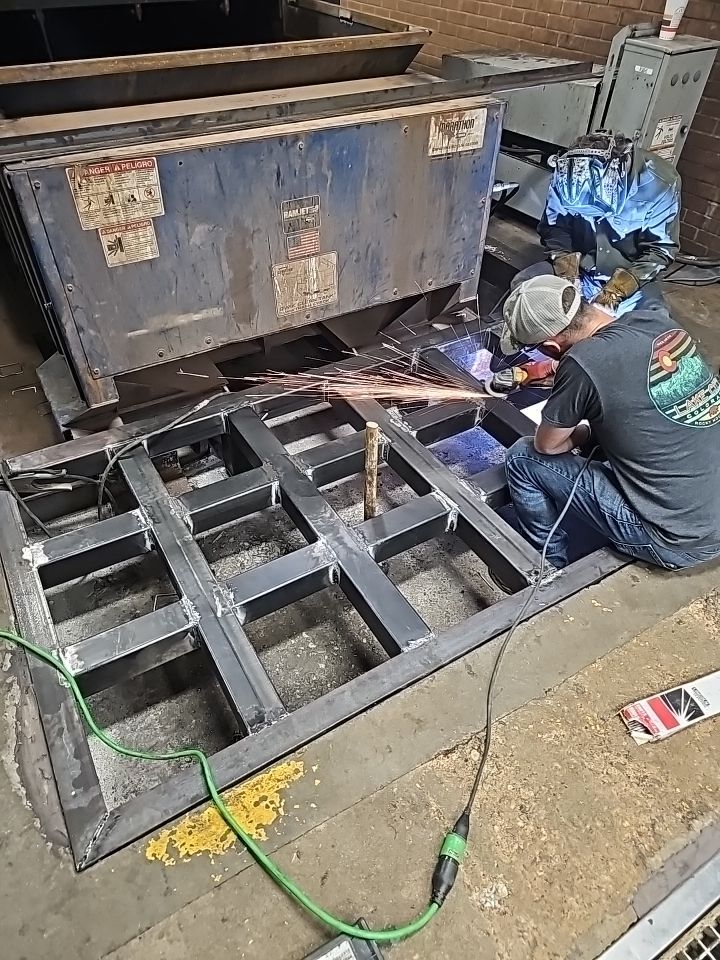Affordable Custom Signage for Every Industry
In today’s competitive market, businesses of all types are constantly seeking ways to stand out. Whether you own a small retail shop, a large corporate office, or a local restaurant, one of the most effective ways to make an impression on customers and clients is through custom signage. Affordable custom signage has become an accessible solution for companies of every size, offering high-quality, tailored signs that promote brands, guide customers, and improve overall visibility. Custom signs come in many forms, from storefront displays and interior signs to promotional banners and digital signage. The power of a well-designed sign cannot be overstated. Not only does it draw attention, but it also communicates vital information to potential customers in a visually compelling way. Custom signs can be tailored to fit the unique branding, style, and message of any business, helping to create a professional, cohesive identity across all channels.
For small businesses, cost is often a top concern. Fortunately, the rise of affordable custom signage solutions has leveled the playing field. Modern printing and production techniques, such as digital printing, have drastically reduced the cost of producing high-quality signs. This has made it possible for small businesses to invest in custom signage without breaking the bank. From budget-friendly yard signs to large-scale banners, companies can find cost-effective Harrisburg Sign Company options that fit their marketing needs. In industries like retail, where grabbing attention is crucial, a custom sign can be a game-changer. For example, a visually striking storefront sign or an eye-catching window display can draw customers in, increasing foot traffic and sales. For restaurants, custom signs play an important role in setting the atmosphere. A personalized menu board, neon sign, or outdoor banner can attract diners and communicate the restaurant’s style and offerings.
Similarly, in industries like real estate, construction, and event planning, custom signage serves as an essential tool for directing people to locations or providing information. Real estate agents rely on For Sale signs to promote properties, while construction companies often use large, durable signs to communicate safety instructions or project details. Event planners can utilize custom signs to guide attendees at conferences, conventions, or large social gatherings. Regardless of the industry, the importance of branding and clear communication remains paramount. Custom signage allows businesses to establish their presence, whether they are in a bustling city center or a suburban neighborhood. The ability to create a lasting first impression is invaluable, and affordable signage options ensure that every business, no matter its size, can reap the benefits of professional-looking signs that reflect their brand’s unique identity.

 This reduces the environmental impact of construction projects and aligns with the growing demand for sustainable building practices. Furthermore, metal is resistant to fire, pests, and mold, providing a level of durability that is essential in various climates and conditions. It performs well against natural elements like wind, rain, and extreme temperatures, which is why metal roofs and wall panels are commonly chosen for projects requiring long-term resilience. These qualities help reduce long-term maintenance costs, which can be substantial in structures made with materials more susceptible to environmental damage. Reliability in metal construction also extends to precision in manufacturing, as high-quality metals are often fabricated to exact standards, minimizing errors during installation. This level of precision leads to smoother construction timelines and reduces the likelihood of costly repairs or modifications. Technological advancements in
This reduces the environmental impact of construction projects and aligns with the growing demand for sustainable building practices. Furthermore, metal is resistant to fire, pests, and mold, providing a level of durability that is essential in various climates and conditions. It performs well against natural elements like wind, rain, and extreme temperatures, which is why metal roofs and wall panels are commonly chosen for projects requiring long-term resilience. These qualities help reduce long-term maintenance costs, which can be substantial in structures made with materials more susceptible to environmental damage. Reliability in metal construction also extends to precision in manufacturing, as high-quality metals are often fabricated to exact standards, minimizing errors during installation. This level of precision leads to smoother construction timelines and reduces the likelihood of costly repairs or modifications. Technological advancements in 


